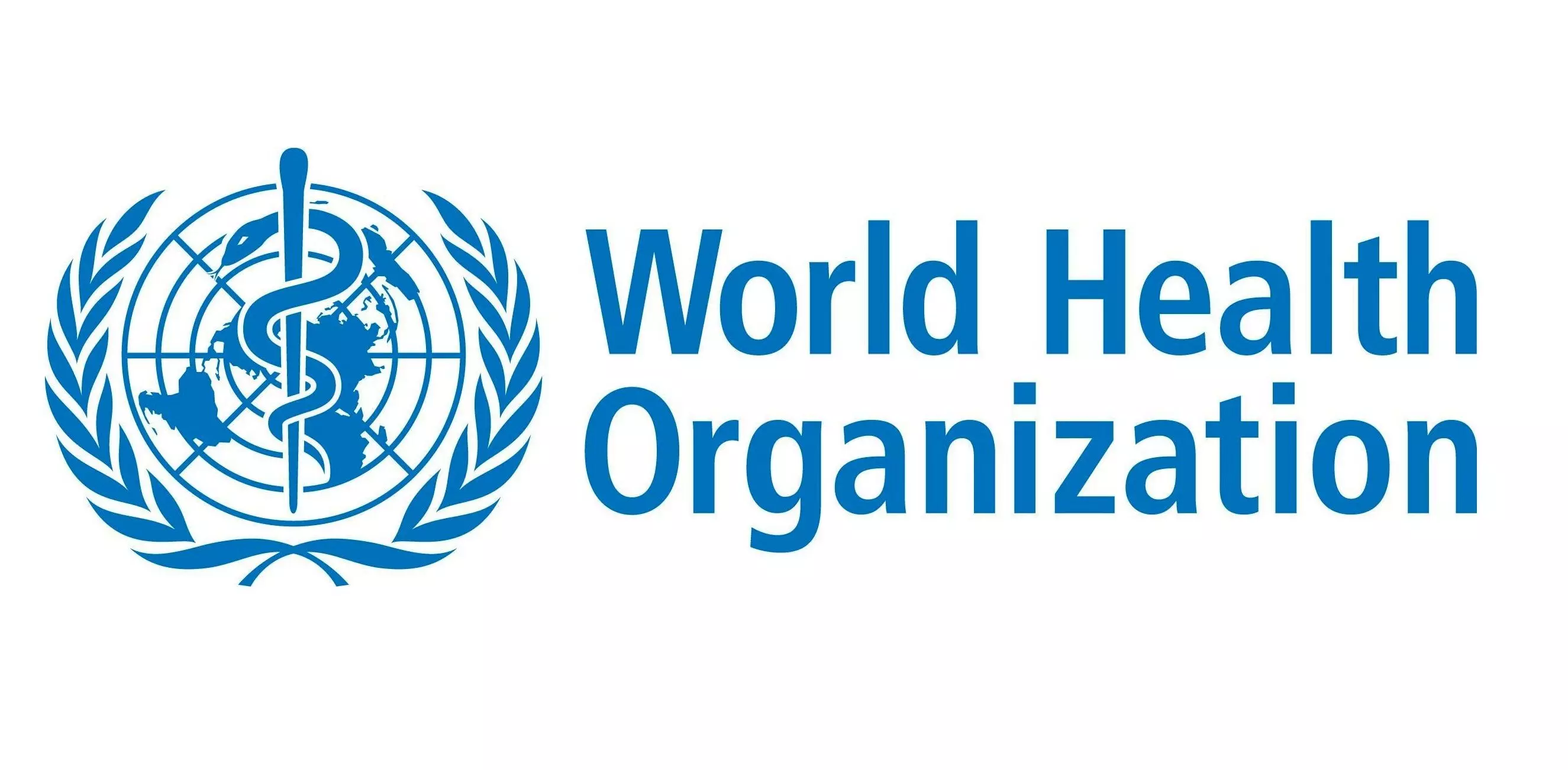
The World Health Organisation (WHO), on Sunday, called on countries to build their capacity in emergencies’ preparedness prevention and mitigation, irrespective of their forms. WHO Director-General, Dr Tedros Ghebreyesus, made the call in a video message posted on the agency’s website, to mark the first-ever International Day of Epidemic Preparedness. The International Day of Epidemic […]

The World Health Organisation (WHO), on Sunday, called on countries to build their capacity in emergencies’ preparedness prevention and mitigation, irrespective of their forms.
WHO Director-General, Dr Tedros Ghebreyesus, made the call in a video message posted on the agency’s website, to mark the first-ever International Day of Epidemic Preparedness.
The International Day of Epidemic Preparedness, being held on 27 December 2020, was called for by the UN General Assembly to advocate the importance of ”the prevention of, preparedness for and partnership against epidemics”.
Ghebreyesus reiterated the importance of strong primary health systems as the foundation of Universal Health Coverage, as well as the “eyes and ears” of health systems everywhere.
“True preparedness is not just a job of the health sector; it requires an all-of-government and all-of-society approach. The pandemic (COVID-19) has highlighted the intimate links between the health of humans, animals and the planet, which we can only address with a One Health Approach.
“Any efforts to improve human health are doomed unless they address the critical interface between humans and animals and the existential threat of climate change that is making our earth less habitable,’’ he said.
He added: “This is all the more important given that 75 per cent of new and emerging human infectious diseases are zoonotic, caused by germs that spread between animals and people.
According to him, history tells us that this will not be the last pandemic and epidemics are a fact of life; “ a year ago, COVID-19 was unknown to us and in the past 12 months, the world has been turn upside town.
“The impact of COVID-19 goes further than the disease itself; it has far reaching consequence for societies and economies but none of these should come to us as surprise.
“Over a year, there have been many reported, reviews and recommendations all saying the same thing: the world is not prepared for a pandemic. We must learn the lessons that the pandemic is teaching us,’’ he said.
The WHO DG said the COVID-19 pandemic had underscored the importance of investing in systems to prevent, detect and respond to infectious disease outbreaks.
“WHO works closely with governments to support efforts to build strong emergency and epidemic preparedness systems, as part of an overall approach to advance universal health coverage and strengthen primary health care systems.’’
Meanwhile, the UN Secretary-General, António Guterres, has said in a message that as we strive to control and recover from the current pandemic, we must think about the next.
He also emphasised the need for strong health systems and social protection, support for communities on the frontlines, and technical cooperation between countries.
“Across this work, science must be our guide. Solidarity and coordination are crucial, within and among countries; no one is safe unless all of us are safe,” the UN chief said.
Guterres paid tribute to medical professionals, front-line personnel and essential workers globally for their “remarkable commitment” in face of the coronavirus pandemic.
“As we recover from the pandemic, let us resolve to build up our prevention capacities so that we are ready when the world faces the next outbreak,” he urged.




